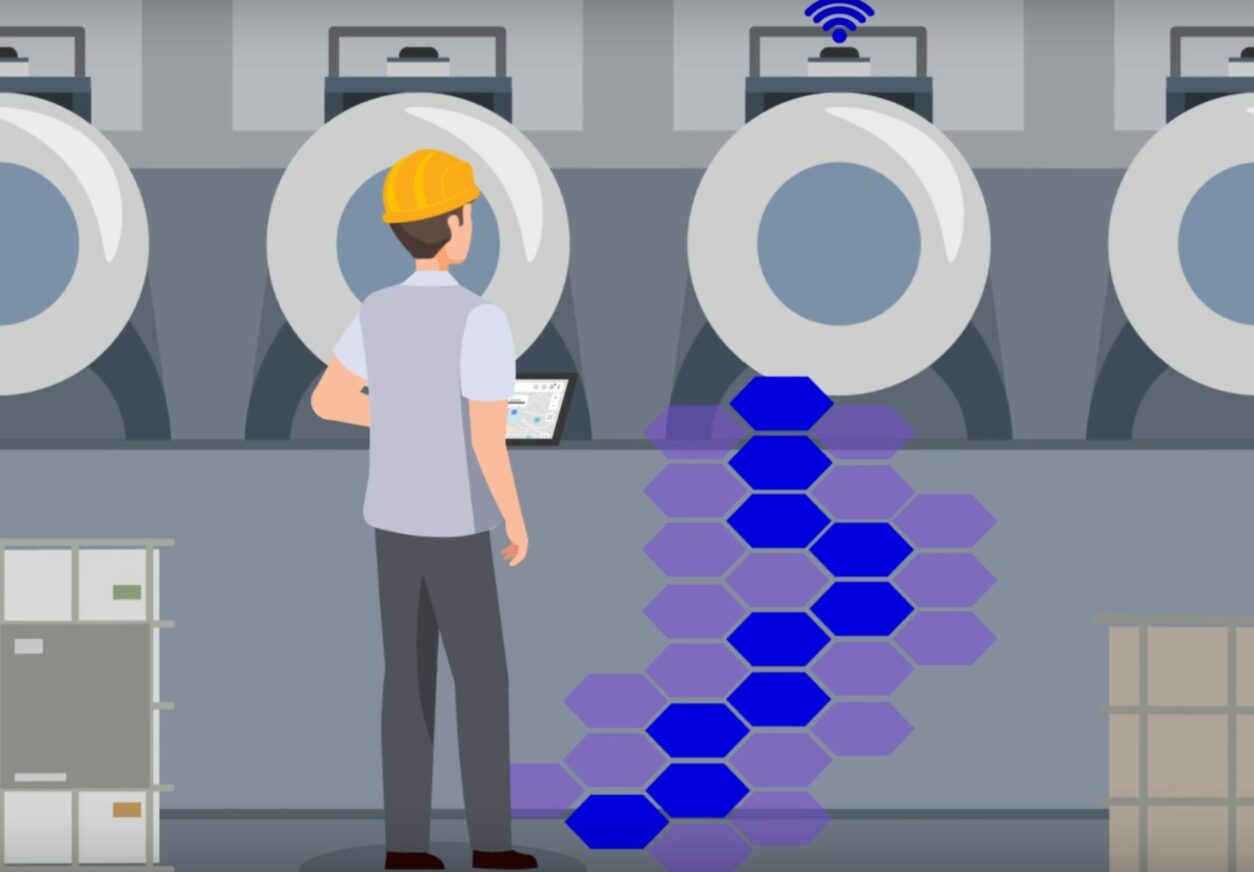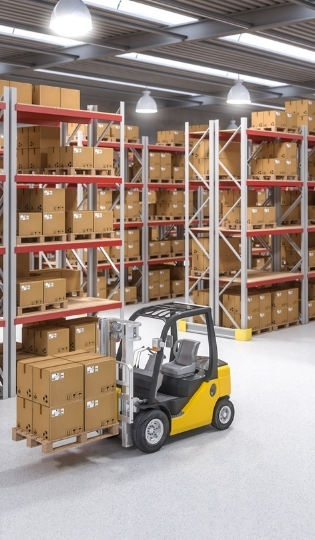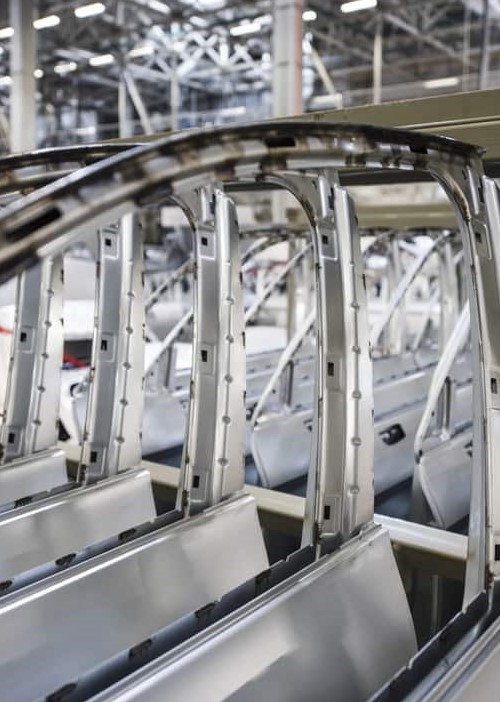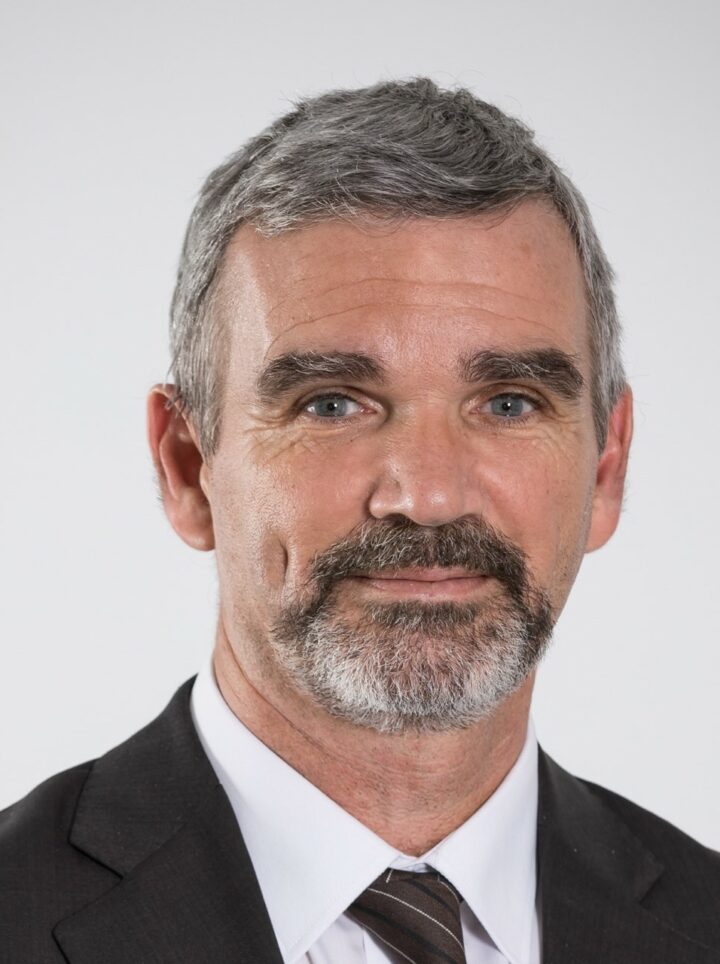Serge Yoccoz has a double degree from the Ecole Normale Supérieure and is an aggregate of philosophy and a doctor of mathematics.
He initially worked in research at the CNRS in the fields of mathematics and informatics.
Then, he held various positions at Renault, in the Marketing/Sales functions, and then became Marketing Director of the Nissan group, based in Yokohama, promoting the development of digital communication and impact traceability.
He then moved on to strategy, and the management and support of digital, organisational and managerial transformation programmes.
Today, Serge Yoccoz assists both fast-growing and more mature companies that are looking to implement their digital transformation.
A global approach to digital transformation
According to Serge Yoccoz, the simplest way to define digital transformation in a company is the ability to generate and transmit the right information to the right person using a number of technologies.
For example, it could be a buyer who needs to have as much information as possible about his suppliers to be as efficient as possible.
Digital transformation therefore refers to the ability to create and transmit information to the right person, not just within the organisation but across the whole innovation ecosystem.
Importance of digital transformation in a rapidly growing technological context
It is necessary to acknowledge that all industries have reached a limit in the traditional means of improving their productivity.
Digital transformation is essential: it can be seen as a great opportunity, by being a guarantee of efficiency, meaning and responsibility for the employee.
Technological advances show us the growing interest in digital transformation today, especially the two most recent ones which concern everything related to the development of IOT and Data Sciences, in the broadest sense of the term.
In order to understand the influence of this transformation within companies, Serge Yoccoz developed for our article two examples of digital transformation that he had the opportunity to study.
According to Serge Yoccoz, Renault’s engineering teams were working with around fifteen information systems to develop products. But these systems did not communicate, or at least not optimally, with each other.
As a result, engineers had to spend a third of their working time copying information from one system to another, which, in addition to wasting time, was a source of error.
His team was commissioned to develop a product that would allow them to centralise information in a single interface.
“Saving time, reducing errors and making it easier to use allowed the engineers to concentrate on tasks with real added value.
Secondly, Serge Yoccoz explains that a survey of line-side production unit managers in vehicle assembly plants showed that a production unit manager spent approximately one hour travelling back and forth between his line-side team and his office, for no other reason than that the IS systems were not accessible from the line.
It was an unnecessary task that needed to be removed. That’s why a team from Renault Digital developed, in close liaison with unit managers, a tablet product that would allow the production unit manager to do everything he did from his desk directly at the assembly line.
Traceability: a major challenge in the digitalisation of industry
For Serge Yoccoz, improving traceability methods is one of the major challenges facing industry. This means being able to know where a part is, to know its history, to know which transformation processes it has undergone and which paths it has taken.
Two issues are linked to this notion:
- A productivity issue : being able to ensure the best management of both stocks and flows in the factory.
- A quality issue : ensuring that we know exactly which part was used for which product and through which process it passed. This will enable the causes of non-quality to be identified and corrected as quickly as possible.
The aim of such improvements is to give the employees at the edge of the chain or in charge of logistics all the information at the right place and at the right time.
This will enable them to improve their organisation, optimise their time and the company’s time, and gain both profitability and quality of life at work.
This is a great reason to exist and a great mission!
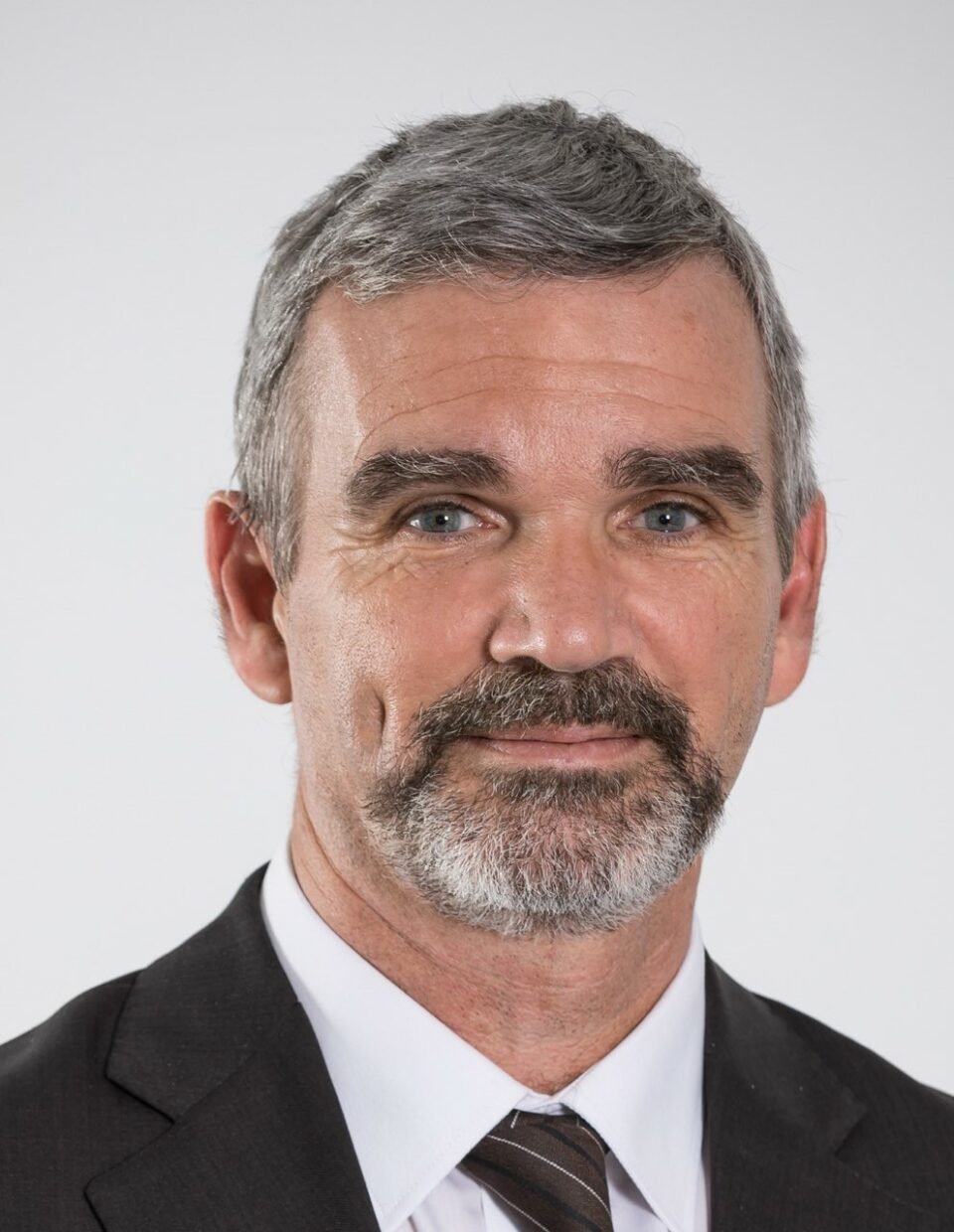
We would like to thank Serge Yoccoz for the interview he generously agreed to give us!


